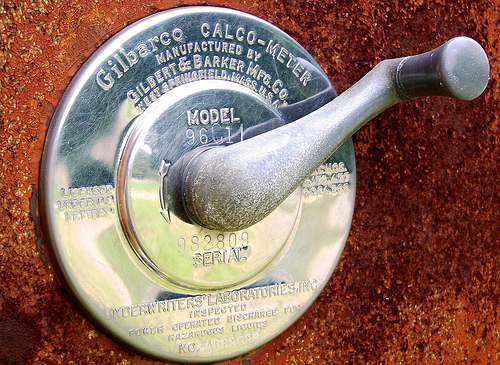
For some time now, I’ve been working diligently behind the scenes to secretly bring about a brave new global order.
(I haven’t talked about it before now for hopefully obvious reasons).
There will be many sweeping changes, and I look forward to discussing them with you – or, to be more specific, telling you about them in advance. For example, a number of noxious substances will be banned and removed from circulation, including polyethylene telephthalate (PET), supermarket carrier bags, Marmite and Paul Burrell. I’ll be throwing vast sums of money into the space programme, expanding the United Nations and making it illegal for Bill O’Reilly to speak – which are three deeply humanitarian measures that I think are key to the future success of our species as a whole. Wind turbines will have pipes on them so they’ll play a fun tune, instead of that dull whup-whup sound. All sorts of vital stuff. You’ll love.
If you live in the UK, or have experienced its delightfully eccentric (ie. depressingly ludicrous) rail system, you’ll be happy to hear that I will be running my broom through that as well.
Henceforth:
1. If you are at one end of a train carriage and you can clearly hear the voice of someone talking at the other end when a train is underway, you are perfectly within your legal rights to push them off the train at the next stop, independent of where they are actually going. This applies to staff and passengers alike.
2. Ticket inspectors will be fitted with low-power sirens that emit a woowooBLARRG-like noise similar to that currently used by British ambulances – or possibly using the brand new American Howler. Either way, it will be impossible for an inspector to creep up on you and yell “TICKET!!” in your ear, sending you into a panic and into the depths of your bag whilst momentarily forgetting your ticket is on the seat next to you. When all your possessions are fanned out in an excitingly organic circular pattern over two radial metres, the inspector “suddenly notices” your ticket and stamps it “TLD” (I’ve discovered that this stands for ‘Total Loss of Dignity’). This practice will end forthwith.
3. Passengers who fail to clear away empty food or drink packaging will be recorded on CCTV and have their council tax doubled for the period of 1 year. If the packaging is beer cans, 3 years.
4. Rail tickets will reflect the price of all the cheapest single journeys on a route added together, and these totals will be listed as a series of immediately obvious pricing options. As opposed to the current system.
5. If you discover that someone is sitting in your reserved seat, once you show the evidence to them and it is clear that they are aware of the situation, they have 60 seconds to vacate that seat. Beyond this 1-minute period, you are allowed to pull the Emergency Stop cord and bring the train to an unscheduled halt. The person will then be led off the train, trussed to a fence or tree, and pelted with rancid fruit by all the passengers (note: an extra carriage will be supplied to all train services, amply stocked with over-ripened fruit and hand-towels).
6. It will be illegal for anyone over 30 years old to wear shorts on a train. This will be enforced.
7. Describing anything British as “quaint” in a loud American drawl carries the death penalty.
8. All the seats within 10 metres of the onboard toilets will be removed, and special sealed plastic doors will be fitted across the gap, similar to those seen in movies about biochemical terrorist attacks. The toilets will also be fitted with a an automatic sliding door that opens to the outside air, and every 20 minutes, they will slide back for 30 seconds, letting sweet, fresh air roar in. (Note: as a passenger it will be important to be deeply aware of the timing of your visit to the restroom, or alternately how strong your grip is).
I should make it up to a nice even 10, but nothing springs to mind right now.
Perhaps you could help?
Image: Steve Webel















